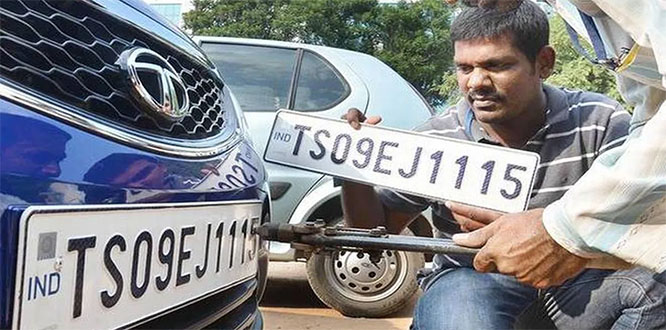The exit polls have a history of underplaying the United Progressive Alliance (UPA), while it has historically overplayed the National Democratic Alliance’s (NDA) performance.
In 2004, the average of the exit polls had predicted 252 seats for the then incumbent NDA, giving it yet another term at the center, and 186 seats for the UPA.
However, in the actuals, UPA ended up forming the government with 219 seats to its kitty, while the Atal Bihari Vajpayee-led NDA, with 187 seats ended up occupying the opposition benches.
The analysis reveals that the exit polls had overplayed the NDA’s performance by 25.8% back then while underplaying the UPA’s performance by 17.7%.
Again in 2009, when incumbent UPA returned to power, the exit polls had predicted a loss of seats for UPA. However, UPA ended up with a huge gain in the number of seats. Back then, the exit polls had predicted that UPA’s tally to diminish to 196 seats.
However, the coalition, in reality, won 262 seats, a variation of whopping 33.67%. On the other hand, NDA, which exit polls expected to gain turf, won 159 seats against predicted 187 seats – overplaying the performance by 14.97%.
In 2014, when the country was riding on huge Modi-wave, though the exit polls got their directions right, yet they were completely off the mark when it came to the victory margin of NDA, like many other political pundits. While the exit polls gave NDA 274 seats, it ended up with 336 seats, a variation of 22.7%. On the other hand, the exit polls predicted 115 seats for the UPA, which faced a complete rout ending up with 60 seats.







Comments
Add new comment